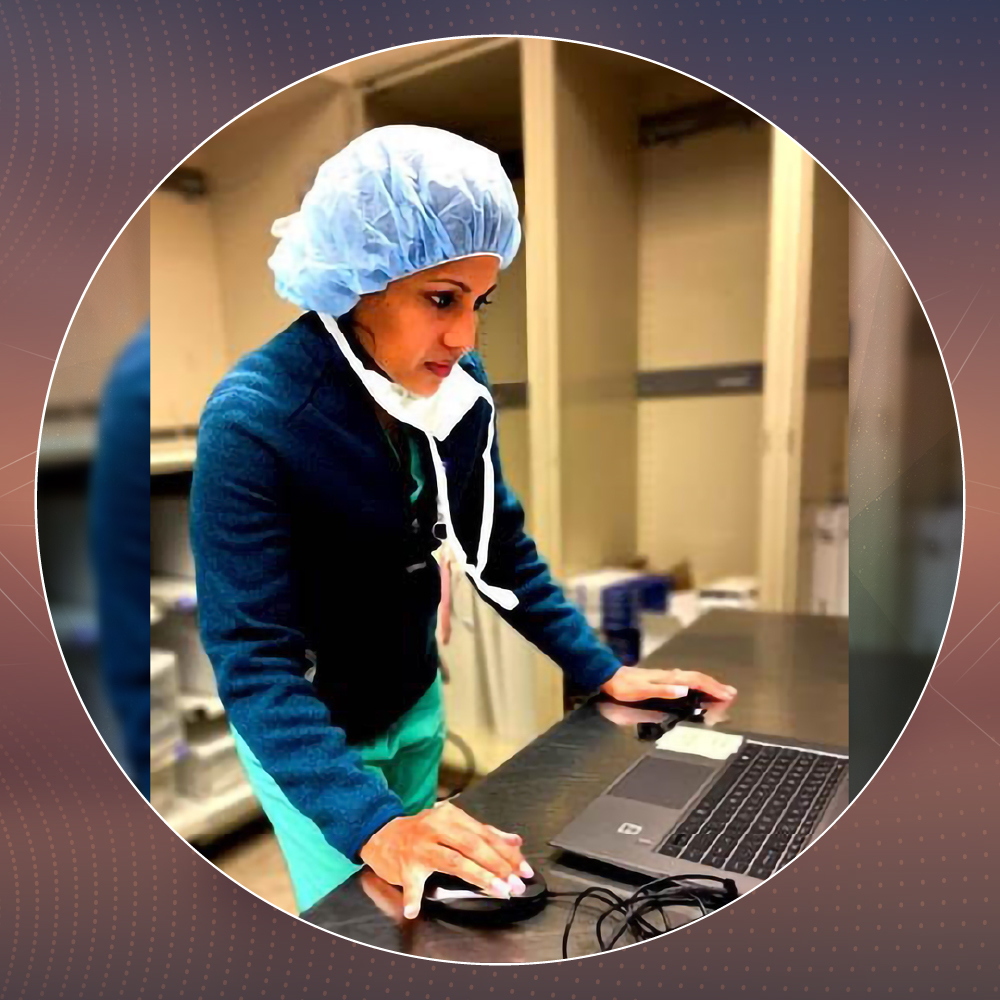
Cardiothoracic surgery, a field historically dominated by men, has seen a significant shift as more women enter and excel in this challenging medical specialty. This article explores the contributions, challenges, and prospects for women in cardiothoracic surgery, highlighting the strides being made toward a more inclusive and diverse medical community.
Breaking Barriers: Women’s Entry into Cardiothoracic Surgery
The journey of women into the field of cardiothoracic surgery has been a gradual one, marked by overcoming substantial barriers. Historically, the demanding nature of the specialty, combined with long training periods and the challenge of balancing work with personal life, has made it less appealing to women. However, over the past few decades, there has been a significant increase in the number of women choosing this field, driven by pioneers who have opened doors and set new standards.
One of the notable pioneers is Dr. Kathryn Anderson, who became the first female board-certified cardiothoracic surgeon in the United States in 1980. Her achievements and resilience have inspired a new generation of women to pursue careers in this demanding specialty. Educational reforms and supportive mentorship programs have also played crucial roles in encouraging more women to enter the field.
Overcoming Challenges: The Road to Equal Representation
Despite the progress, women in cardiothoracic surgery still face numerous challenges. One of the major hurdles is the persistent gender bias that manifests in various forms, from differential treatment during surgical training to disparities in promotions and leadership opportunities. Additionally, work-life balance continues to be a significant concern, as the demanding hours and emergency calls characteristic of cardiothoracic surgery can complicate family planning and personal life.
Organizations like the Women in Thoracic Surgery (WTS) have been instrumental in supporting female surgeons through these challenges. WTS provides networking opportunities, mentorship, and resources aimed at promoting the professional growth and development of women in this field. Such initiatives are crucial for reducing gender disparities and ensuring a supportive work environment.
The Impact of Female Cardiothoracic Surgeons
The increasing involvement of women in cardiothoracic surgery has brought unique perspectives and innovations to the field. Studies suggest that female surgeons often provide more patient-centered care, spend more time in inpatient consultations, and exhibit higher rates of empathy. This approach can lead to better patient outcomes, particularly in a specialty that demands high levels of patient trust and satisfaction.
Furthermore, women in this field are contributing significantly to research, advancing the knowledge of cardiac and thoracic diseases. Their work is not only enhancing treatment options but also ensuring that these advancements are accessible and effective for a diverse patient population.
Future Prospects: A More Inclusive Field
The future of cardiothoracic surgery is promising, with increasing efforts to make the field more inclusive and diverse. Medical schools and surgical programs are actively working to recruit and retain more women, recognizing the value they bring to the specialty. This includes offering more flexible training options, such as part-time residencies and fellowships, which can help accommodate the needs of those who may require more balance between their personal and professional lives.
Moreover, there is a growing emphasis on leadership development for women in cardiothoracic surgery. By preparing women surgeons for leadership roles, the medical community can ensure that the future of the specialty is shaped by a diverse group of leaders who reflect the populations they serve.
A Transforming Specialty
As the field of cardiothoracic surgery continues to evolve, the role of women within it is becoming increasingly significant. Through the efforts of trailblazers who have paved the way and the ongoing work of organizations and institutions promoting diversity, cardiothoracic surgery is transforming into a specialty where women not only participate but lead and innovate. This shift not only benefits women in the field but also enhances the quality of care provided to patients, making a profound impact on the future of healthcare.